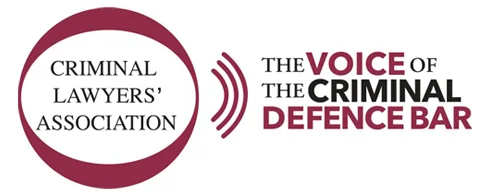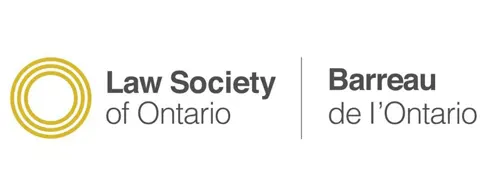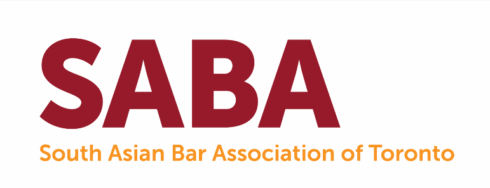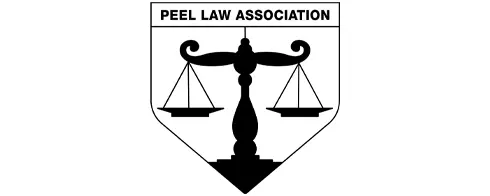Driving Offences Impaired/Over 80 (DUI)
Criminal Lawyer for DUI and Over 80 Charges in Ontario
Understanding DUI and Over 80 Charges
Driving offences are serious charges under Canadian law, with significant penalties that can affect your freedom, driving privileges, and future opportunities. Offences like Over 80, DUI (Driving Under the Influence), impaired driving, and failure to provide a breath sample carry substantial consequences, including potential jail time, fines, and lengthy driving suspensions. Understanding the legal implications and having the right defence is essential to protect your rights.
Common Driving Offences
Under the Criminal Code of Canada, driving offences are classified based on the type and severity of the alleged impairment. Common charges include:
- Over 80 (Section 320.14(1)(b)): This charge applies when a driver’s blood alcohol concentration (BAC) exceeds 80 milligrams of alcohol per 100 millilitres of blood. Police often confirm this through breath or blood tests.
- Impaired Driving (Section 320.14(1)(a)): Impaired driving refers to operating a vehicle while affected by alcohol or drugs to the point of reduced ability to drive safely. Impairment can be established based on observations of behaviour or performance in physical coordination tests.
- DUI (Driving Under the Influence): DUI is often used to describe both impaired driving by alcohol or drugs. It includes any influence that reduces the driver’s ability to operate a vehicle safely.
- Failure or Refusal to Provide a Sample (Section 320.15(1)): When lawfully requested by police, drivers are required to provide a breath, blood, or bodily fluid sample. Refusing or failing to provide a sample without a lawful reason is treated as seriously as impaired driving.
Driving offences can also include drug-impaired driving, where the police test for substances using oral fluid, blood, or other means. Each of these offences carries specific penalties and may impact both personal and professional life.

Possible Penalties for Driving Offences
Driving offences are treated seriously, with penalties that increase for repeat offences or aggravating circumstances, such as causing bodily harm or death. Common penalties include:
- Immediate Licence Suspension: Upon arrest, drivers often face immediate licence suspension, pending further proceedings.
- Fines: For first-time offences, fines can range from a minimum of $1,000 for Over 80 or impaired driving, with higher fines for subsequent offences or aggravating factors.
- Imprisonment: Impaired driving can lead to jail time, especially for repeat offences or in cases involving injury. For a second offence, there is a mandatory minimum jail sentence of 30 days, which increases with subsequent convictions.
- Driving Prohibition: Convicted individuals may face lengthy driving prohibitions, impacting their ability to work or meet personal obligations.
- Ignition Interlock Program: Some offenders may be required to install an ignition interlock device on their vehicle, which prevents the vehicle from starting if alcohol is detected.
Convictions for driving offences also result in a criminal record, which can affect employment, international travel, and more.

Defending Driving Offences
Defending Driving Offences
There are several potential defences against driving offence charges, and each case requires careful analysis of evidence, police conduct, and the specifics of the stop or arrest. Possible defences include:
- Challenging BAC Evidence: Blood alcohol concentration (BAC) tests may be challenged if the testing equipment was not properly calibrated, or if procedures were not followed.
- Reasonable Suspicion and Lawful Stop: Police must have reasonable suspicion of impairment to stop a driver or demand a breath sample. If they failed to establish a valid reason, this could be a defence.
- Medical Conditions or Alternative Explanations: Some symptoms, like slurred speech or lack of coordination, may have medical or other explanations unrelated to impairment.
- Violation of Charter Rights: The police must respect your Charter rights during the investigation. Any unlawful detention, search, or seizure may result in evidence being excluded, potentially weakening the prosecution’s case.
- Failure to Provide Sample with Lawful Excuse: If there was a lawful reason for not providing a sample, such as a medical inability, this may be a defence against refusal charges.
A skilled defence lawyer can analyze the details of your case, identify potential defences, and work to protect your rights and freedoms.

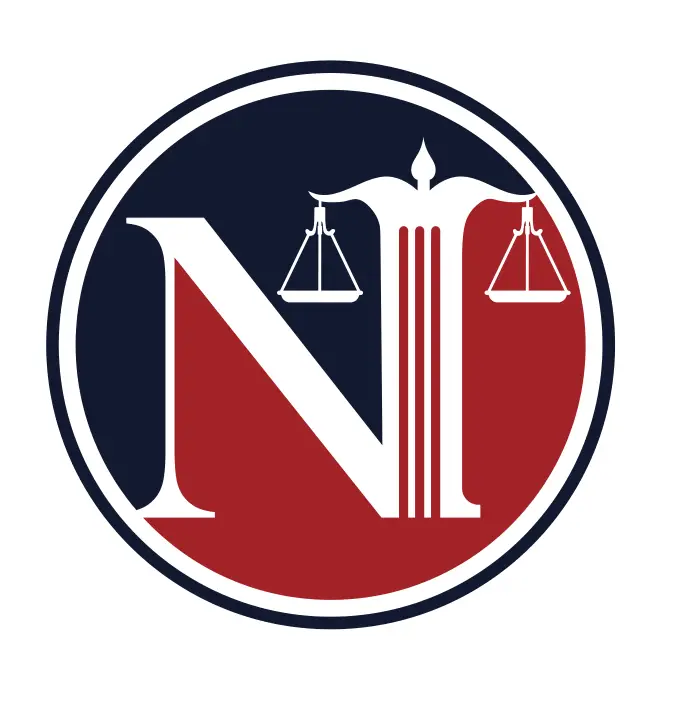
Why Hire Nirwal Law for your DUI Charges?
Driving offences have lasting impacts, from losing driving privileges to facing a criminal record and jail time. An experienced criminal defence lawyer can review your case, challenge evidence, and advocate on your behalf. With knowledge of both the technical and legal aspects of these cases, a lawyer can develop a defence strategy that aims to protect your rights and minimize penalties.
Nirwal Law is committed to defending clients facing serious driving offences. Whether it’s challenging the legality of the stop, questioning BAC results, or protecting your Charter rights, we are here to provide effective and compassionate representation. If you’re facing a driving offence charge, contact Criminal Defence Lawyer Manbir Nirwal today to discuss your case and explore your options.
DUI Defense FAQs
Common Questions About DUI and Over 80 Charges. Key Questions and Answers for Driving Offences Impaired/Over 80 (DUI)
DUI refers to operating a vehicle while impaired by alcohol or drugs, while Over 80 specifically relates to having a blood alcohol concentration (BAC) over 80 mg per 100 ml of blood. At Nirwal Law, we provide defense for both charges, challenging the accuracy of BAC tests and the evidence of impairment.
Refusing to provide a breath, blood, or bodily fluid sample when lawfully requested by police is an offence under Section 320.15 of the Criminal Code. Refusal can result in the same penalties as impaired driving charges, including fines and licence suspension. At Nirwal Law, we can challenge the legality of the stop and the administration of the test, working to mitigate the consequences and protect your rights.
Penalties for a first-time impaired driving offence can include fines starting at $1,000, immediate licence suspension for 90 days, mandatory alcohol education programs, and potential jail time of up to 18 months for summary offences or longer for indictable offences.Our lawyers at Nirwal Law strive to reduce these penalties, exploring alternatives like plea bargains or conditional discharges to minimize the impact on your life.
Yes, breathalyzer tests can be challenged based on calibration issues, improper administration, or medical conditions affecting the results. At Nirwal Law, we thoroughly investigate these aspects, aiming to exclude unreliable evidence and weaken the prosecution’s case, providing a robust defense strategy.
If charged with a DUI, contact a lawyer immediately. Do not discuss the case with anyone except your attorney. Nirwal Law offers immediate legal advice, helping you understand your rights and options. We work diligently to build a strong defense, challenging the charges and seeking the best possible outcome.
An “Over 80” charge refers to having a blood alcohol concentration (BAC) exceeding 80 milligrams of alcohol per 100 millilitres of blood, which is the legal limit in Canada. This charge is typically applied after failing a breathalyzer test.
An ignition interlock device (IID) is a breathalyzer installed in your vehicle that prevents it from starting if alcohol is detected above a preset limit. IIDs are often required for individuals convicted of impaired driving, especially repeat offenders or those with high BAC levels.
Depending on the severity of the offence and your criminal history, alternatives to jail time may include probation, community service, mandatory counselling, or participation in treatment programs. Your lawyer can negotiate for these alternatives based on your circumstances.
Testimonials for DUI Service
Clients Share Their Success Stories with Our DUI Defense
EXCELLENTTrustindex verifies that the original source of the review is Google. Had a great experience working with Manbir from start to finish. He walked me through every step, gave clear and practical advice and helped achieve a solid outcome. Felt supported the whole way through. Would definitely recommendTrustindex verifies that the original source of the review is Google. Just hired manvir he seems very transparent about what is going on I'm very confidentTrustindex verifies that the original source of the review is Google. Manbir is an amazing criminal defense attorney. From our very first meeting, he listened carefully, making sure to answer all my questions in plain language, and he mapped out a clear strategy. His courtroom expertise and dedication gave us an excellent outcome, and his compassion and communication made such a stressful process ten times more manageable. If you need a knowledgeable, professional advocate who truly cares, this is him. I highly recommend Manbir!Trustindex verifies that the original source of the review is Google. Manbir is by far a very competent lawyer. His knowledge and expertise are exceptional. Highly Recommend him.Trustindex verifies that the original source of the review is Google. best criminal lawyer in brampton they provided the best suggestions which was required.Trustindex verifies that the original source of the review is Google. Manbir Nirwal is an intelligent lawyer who goes to the depth of any case he handles. He is an honest and friendly person to talk to. I will definitely recommend him if you are looking for a good lawyer.Trustindex verifies that the original source of the review is Google. Great service and knowledgeable staff.
Contact Us for DUI Defense
Reach Out for Expert Legal Assistance in DUI Cases
